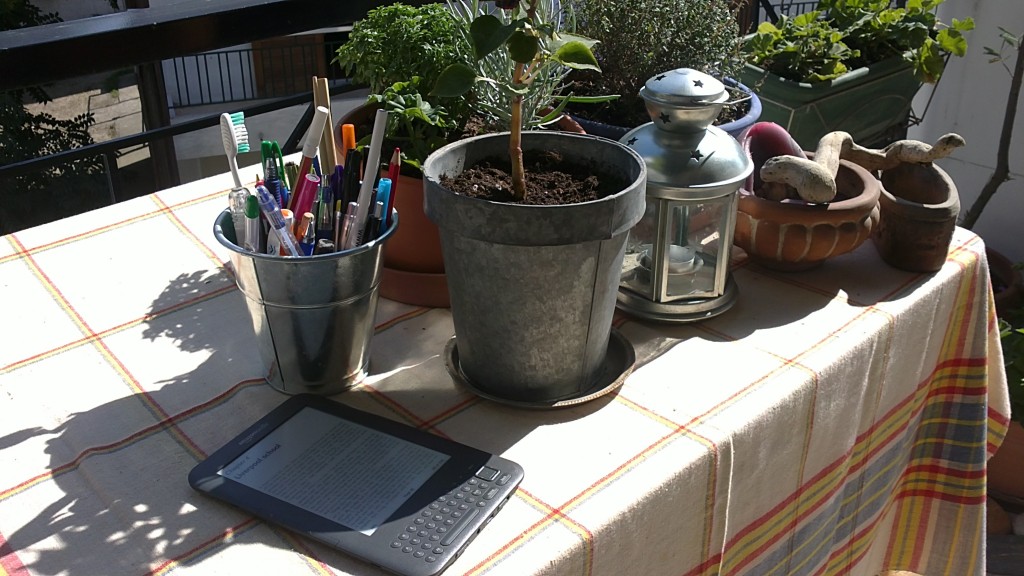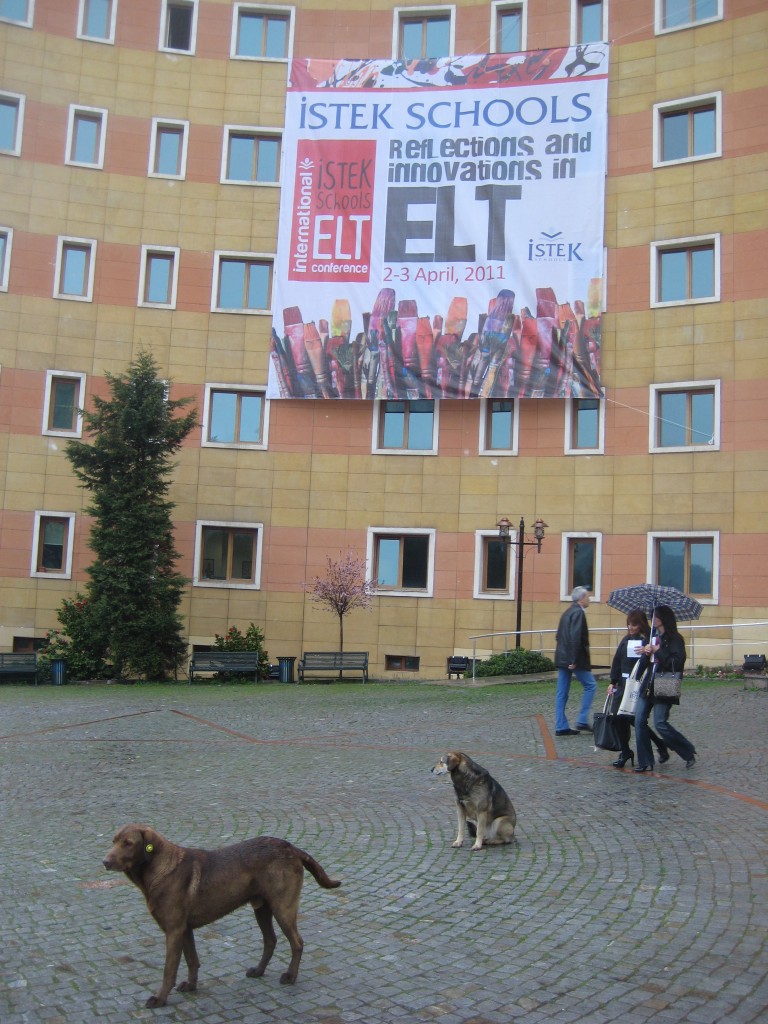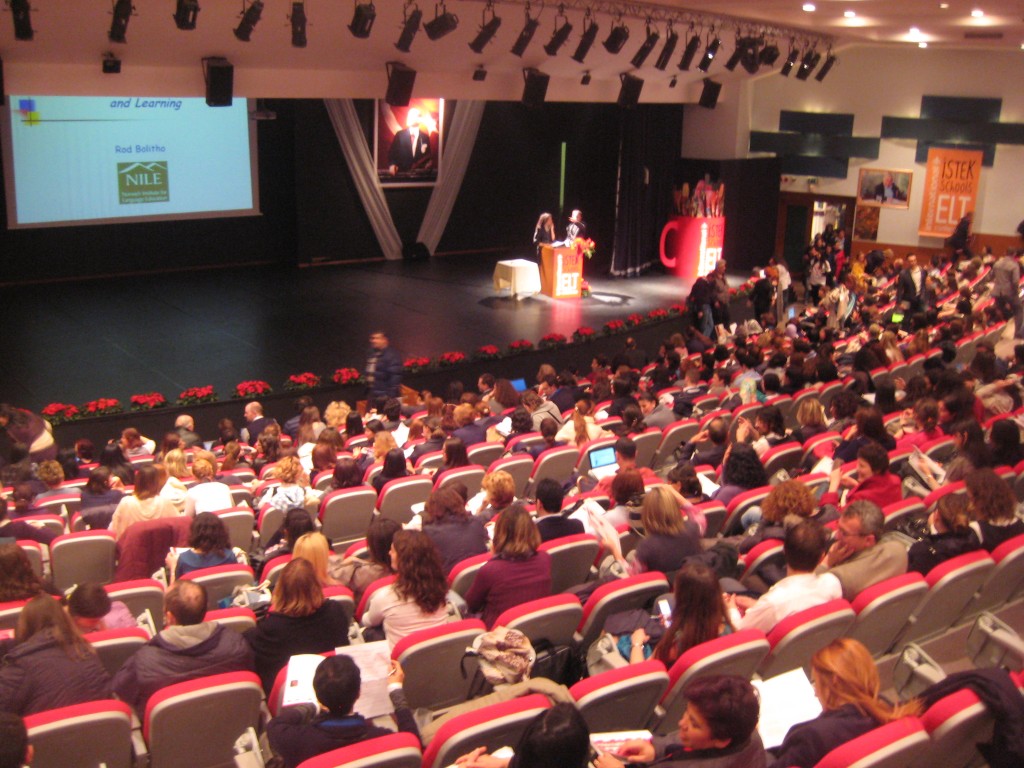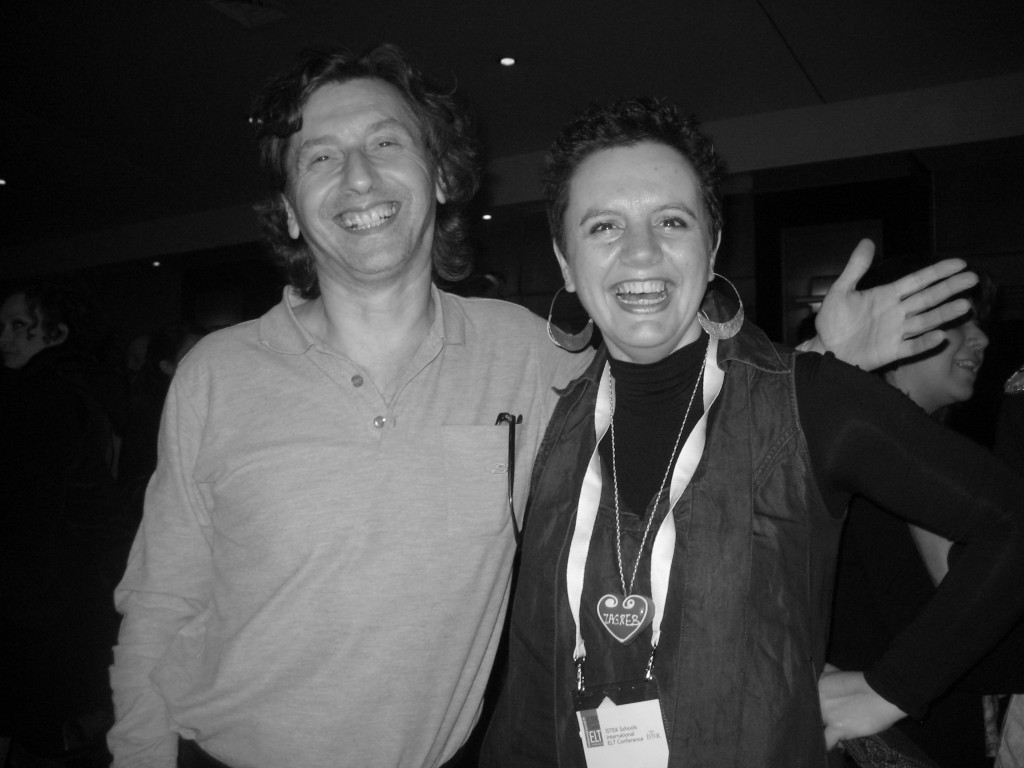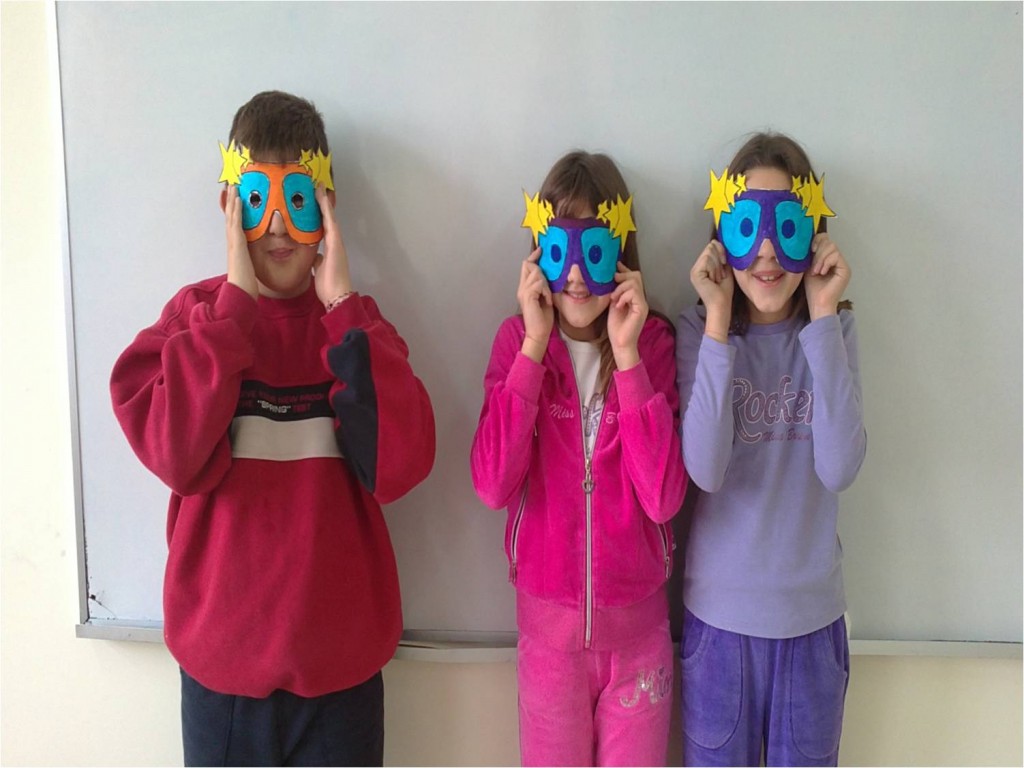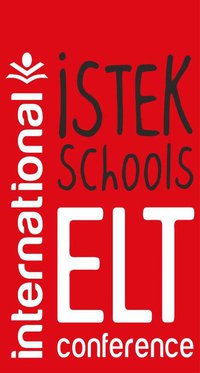I read Alone Together by Sherry Turkle and it made a deep impression on me. This morning, I watched a presentation on augmented reality and I must confess I was bewildered if not disturbed.
Let me explain starting with the book: Sherry Turkle is a psychoanalytic anthropologist who was a member of faculty at MIT, during the first days of computers, and has been studying their relationships with people, our perceptions of self and emotional intelligence since then. Her first books as she says were optimistic about where this journey would take us. She was observant enough to see computers bring philosophy into everyday life and self reflection as well. But, naturally, she was not one to accept that computers were “just” a tool: “I was certain that the “just” in that sentence was deceiving. We are shaped by our tools. And now, the computer, a machine on the border of becoming a mind, was changing and shaping us.”
This latest book however, no matter how balanced it is, is not optimistic. At least for me. She sketches a society where people are so tethered to their various devices and virtual social circles they neglect their people, their jobs and sometimes themselves. She presents some cases that could be said to be extreme examples. But the general idea she gives agrees with the image we can see around us. An image where “technology is seductive when what it offers meets our human vulnerabilities. And as it turns out, we are very vulnerable indeed. We are lonely but fearful intimacy. Digital connections and the sociable robot may offer the illusion of companionship without the demands of friendship”.
Her conclusions have been sometimes painfully familiar and they have made me reflect on the last three years of my life in the virtual world. For me discovering this world (quite late, because I was not a pioneer of the IRC or chatrooms) was what Turkle describes as a “dazzling breadth of connection”. But getting connected with all these new people and keeping up with them doesn’t come without a cost. I hope I wasn’t one of those mums she describes that neglected their kids to text their friends. What I have gained is new friends and I wouldn’t change that. I can totally relate with what the writer describes as “erosion of boundaries between the real and the virtual”. My virtual friends have special places in my heart and I do not regret the time I invested in getting to know them. Turkle says that “networked, we are together, but so lessened are our expectations of each other that we can feel utterly alone. And there is the risk that we come to see others as objects to accessed – and only the parts we find useful, comforting, or amusing.” But in order to be part of a wider professional community it is a risk I am willing to take.
What resonates even more with me, are the stories of young people she describes. My students may be in primary school but they are becoming increasingly connected. Moreover the way these children grow up, with parents all the more dependent on mobile technologies, surely affects the way they are at school and their expectations. My concern is not the way people learn and pick up what they need has changed. I welcome this change and I am very interested in incorporating into my classes. What worries me is the pace this is happening. Turkle says about the pace of relationships online: “One quickly moves from infatuation to disillusionment and back. And the moment one grows even slightly bored, there is easy access to someone new”. Sometimes I am afraid this is happening in classrooms all over the world. I am not saying that teachers should keep to their old ways, because those worked for them. The world has changed beyond recognition and schools should change too. In another fascinating book I read this summer “A new culture of learning” by Douglas Thomas and John Seely Brown emphasizes how we can use this new reality to benefit education. The writers draw many of their examples from the world of online games and show how learning happens there. However, this constant hunt for new pleasures, for more excitement in the classroom leaves me breathless and none the more satisfied.
Yesterday morning just before I left for the first day of school (first day for teachers) I saw this presentation and I was stunned. 3D technology in class! I can immediately think of how many applications it can have especially for science related subjects. And it would be cool. But I also wonder that once we start wearing these special caps, or glasses or whatever, we are going to miss yet another piece of real life around us. (And now that I’m rereading what I wrote yesterday I think I have become a grumpy old teacher who’s afraid to try anything new. The concern new inventions will destroy the world as we know it is as old as Socrates who damned the advent of alphabet because it would mean loss of memory)
Of course, my reality is very far from even approaching what Turkle describes and Steve Yuen shows. Our school is probably low tech compared to other schools even in Greece and no matter how infatuated with our mobiles we Greeks are we are very far from becoming like the people the book depicts. If for nothing else because our culture is not so job oriented as other societies. Turkle for example mentions many times that people find calls more and more intrusive and they prefer to text their colleagues or friends in order to be more effective. This is not happening here (yet). Privacy is not so valued and my personal joke about it, is that for example my parents in law completely ignored the meaning of the word tactful.
In a few days educators all over the world will be welcoming new and old students in their classrooms. Some (me included) are already planning how best to use Skype and Glogster and even Facebook to communicate, to support, to stimulate their students. Let’s share our concerns and doubts on how to best do that. Let’s also take a step back, to take in the whole picture and reflect. Let’s not be Alone Together but Together Together! Looking forward to your comments and ideas!


